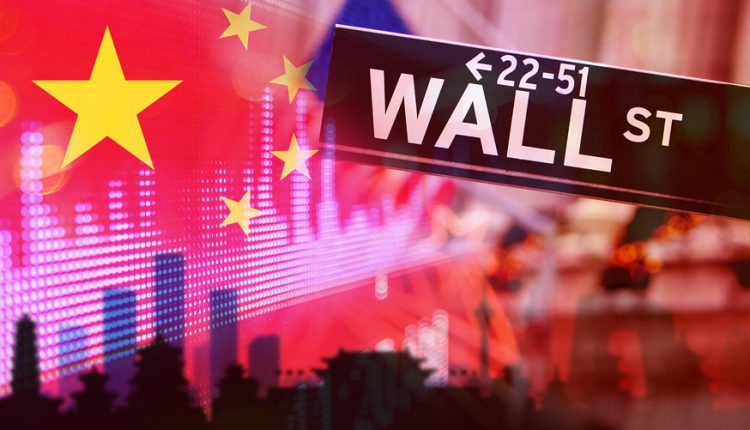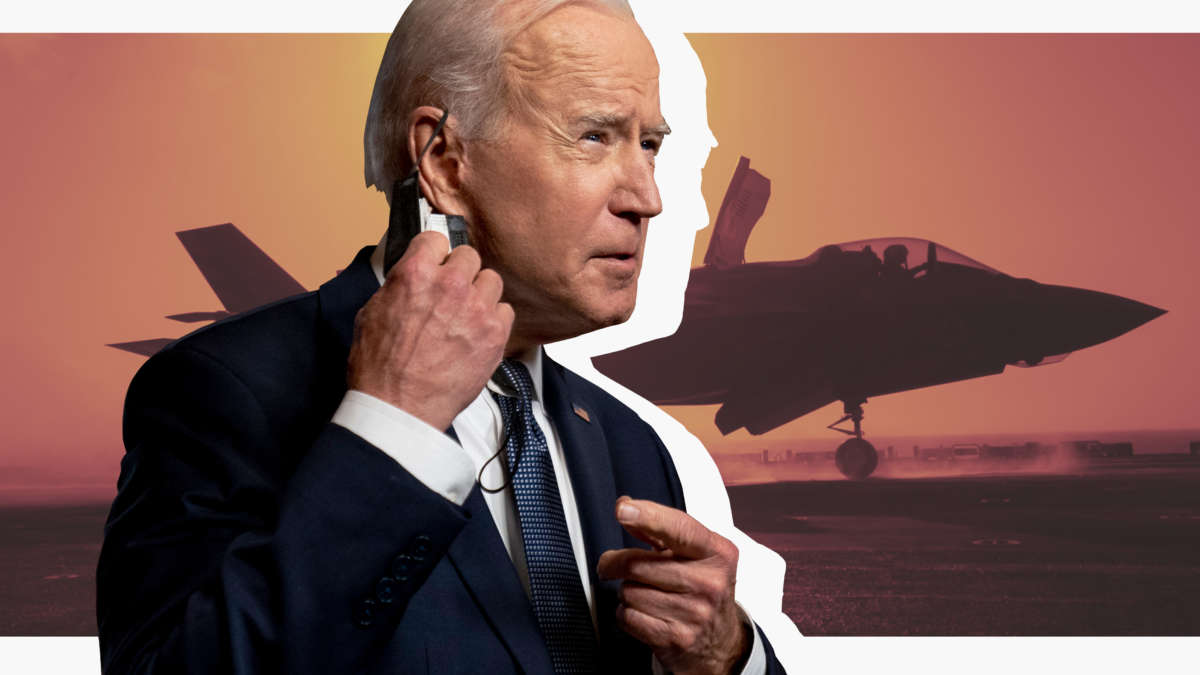
Why Wall Street’s Pay Packages
Keep Exploding No Matter What
Robert Reich / Robert Reich’s Substack
(February 22, 2022) — The stock market is gyrating wildly in light of Putin’s aggression in Ukraine, but Wall Street traders are doing just fine. Bad news is good news for traders who make money off volatility.
After all, in the year of Delta and Omicron, climate chaos, Trump Republican attacks on democracy, bitter divisiveness, a calamitous exit from Afghanistan, and accelerating inflation, the Street’s biggest banks have reaped record profits. Bonuses are through the front Porsche. Hundreds of traders have racked up seven and eight-figure bonanzas. Morgan Stanley paid out $35 million to its CEO, James Gorman. Goldman Sachs, $35 million to David Solomon. Bank of America, $32 million to Brian Moynihan. Citigroup, $22.5 million to Jane Fraser. And, not the least, JPMorgan, which paid out $34.5 million to Jamie Dimon — plus a retention bonus of $50 million.
Dimon has become a spokesman for the Street and one of the most influential CEOs on Capitol Hill. His public statements are a barometer for what America’s financial oligarchs are thinking.
They are not fretting about what the Fed’s incipient fight against inflation is likely to do to jobs and wages. They’re not worried about the shrinkage of America’s middle class or the precariousness of the working class and poor. They are unsettled by what they consider creeping socialism. In an annual letter to JPMorgan shareholders, Dimon warned that socialism would be a “disaster for our country” because it produces “stagnation, corruption and often worse.”
It should be remembered that Dimon was at the helm in 2008 when JPMorgan received a $25 billion socialist-like bailout after it and other Wall Street banks almost tanked because of their reckless loans. Instead of letting the market punish the banks (which is what capitalism is supposed to do), the Obama administration bailed them out and eventually levied paltry fines which the banks treated as the cost of doing business. According to the Justice Department, JPMorgan acknowledged it had regularly and knowingly sold mortgages that should have never been sold. (Presumably this is where the “stagnation, corruption and often worse” come in.)
/arc-anglerfish-arc2-prod-mco.s3.amazonaws.com/public/WIS5GUKGUNA5FF33DP2PXYZLHM.jpg)
Millions of Americans lost their homes, savings, and jobs in the financial crisis. But neither Dimon nor any other top Wall Street executive was held accountable. If this isn’t socialism for rich bankers, what is it?
America’s five largest banks, including Dimon’s JPMorgan, now control almost half of all deposits, up from 12 percent in the early 1990s. Because of their size, these banks are now considered “too big to fail.” This translates into a hidden subsidy of some $83 billion a year — the total estimated discount that creditors and depositors give banks whose solvency is effectively guaranteed by the government. More socialism for rich bankers.
Dimon was instrumental in getting the big Trump tax cuts through Congress. They have saved JPMorgan and the other big banks over $50 billion so far.
But Dimon and JPMorgan are doing their bit to make sure average Americans experience the full consequences of harsh capitalism. Although federal regulators waived overdraft fees for big banks when the economy took a dive in 2020, Dimon and JPMorgan refused to waive overdraft fees for borrowers struggling to make ends meet amid pandemic lockdowns. Dimon and JPMorgan reaped $1.46 billion in overdraft fees — the most of any big bank.
Jamie Dimon still doesn’t get it. Federal regulators automatically waived overdraft fees for big banks last year, but those banks refused to do the same for consumers struggling in a pandemic. We have to set and enforce strong rules for Wall Street.https://t.co/I4E6696GQO
— Elizabeth Warren (@ewarren) August 6, 2021

Dimon is a registered Democrat and a major fundraiser for the Democratic Party. He warns that income inequality is dividing America, and laments that a “big chunk” of Americans have been left behind. Announcing a $350m program to train workers for the jobs of the future, he expressed concern that 40 percent of Americans made less than $15 an hour.
If Dimon were serious about the problem of widening inequality, presumably he’d use his lobbying prowess to help raise the federal minimum wage and to make the refundable Child Tax Credit permanent. He’d also try to make it easier for workers to unionize, and to raise taxes on the super-wealthy like himself. Do not hold your breath.
Dimon isn’t really concerned about widening inequality. He’s not really concerned about socialism, either. Nor about any of the other crises hitting America, which expose Americans to more economic uncertainty and insecurity than the citizens of any other advanced economy. His real worry is that one day America might end the type of socialism he and other denizens of Wall Street depend on – bailouts, regulatory loopholes, subsidies, and tax breaks.